
Psalm 1 has rather convincingly been shown to function as a hermeneutical introduction to the Psalter as a whole. In essence, it informs the reader of how to read the Psalter in order to get the most out of it. Listen to the way Gerald Wilson describes its function:
"This psalm provides the interpretative context from which to see the psalms not only as human cries to God (although they mirror that eloquently!), but as a source of divine communication to humans. It stresses private, individual meditation as an important mode of access to the theological message of the psalms and, in so doing, shifts the function of these compositions away from public, communal cult" ("Shaping the Psalter" 74).
How blessed is the one who does not follow the advice of the wicked,
or stand in the pathway with sinners,
or sit in the assembly of scoffers!
Instead he finds pleasure in obeying the LORD's commands;
he meditates on his commands day and night.
He is like a tree planted by flowing streams;
it yields its fruit at the proper time,
and its leaves never fall off.
He succeeds in everything he attempts.
Not so with the wicked!
Instead they are like wind-driven chaff.
For this reason the wicked cannot withstand judgment,
nor can sinners join the assembly of the godly.
Certainly the LORD guards the way of the godly,
but the way of the wicked ends in destruction.
BTW . . . I realize you might be thinking what in the world is mediation or at least how did the Psalmist conceive of it. Great thought! Just put it on hold and we'll have that chat another time. But, until then unroll your psalm mat, burn some selah incense, and meditate!
BD
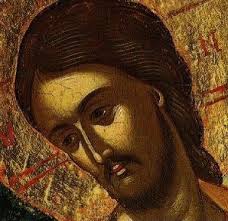


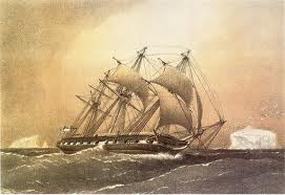
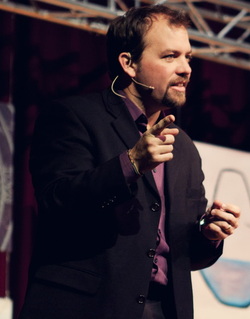
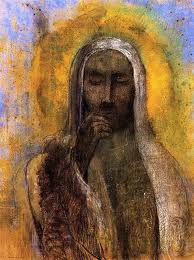
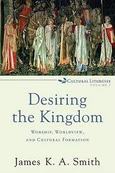
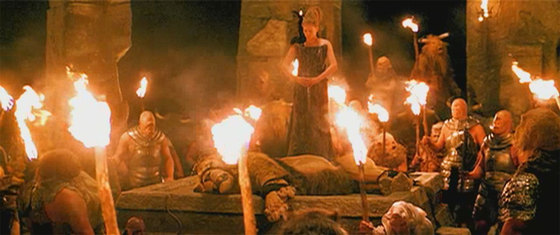

 RSS Feed
RSS Feed